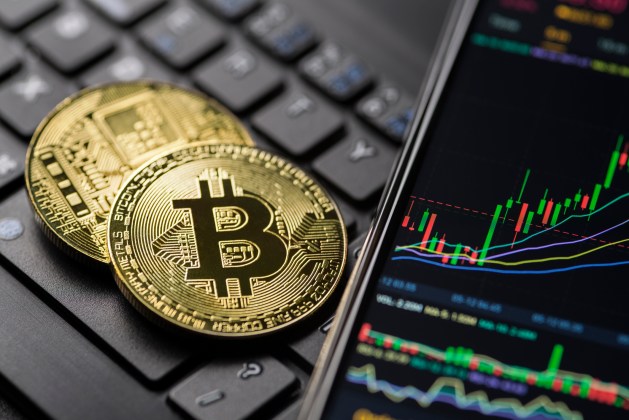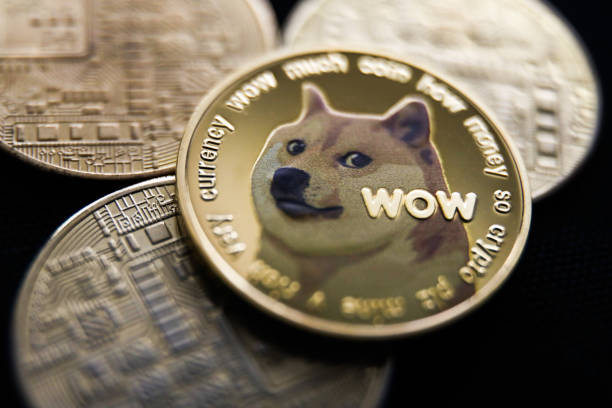Saturday’s Bitcoin (BTC) halving has officially seen the rewards paid out to miners reduced from 6.25 Bitcoin per block to 3.125 BTC. But now, experts turn their eye to where Bitcoin could be by the next halving in 2028.
Despite miners being technically paid less for their efforts in securing the network, halving events are widely regarded by many analysts as being a precursor to significant increases in the price of Bitcoin — with the “supply shock” of new BTC hitting the market from miners being significantly reduced.
Speaking to Cointelegraph, Swyftx lead analyst Pav Hundal looked to the price action that occurred following previous halvings to predict a price increase of at least 100% by the 2028 halving, which would put Bitcoin somewhere around the $120,000 mark.
“We’ve gone from trough to peak price gains of more than 60,000% in 2013, to 12,000% in 2017, and then 2,000% in 2021,” he said.
“Our central scenario is for this trend to continue and to see a high double, or low triple digit percentage point increase in price by the next halving.”
He added that investors would be “hard-pressed” to imagine a scenario where Bitcoin would not be worth more than its current price of $60,000 by the next halving.
Offering a slightly more bullish sentiment, Henrik Andersson, the chief investment officer at Australian crypto investment firm Apollo Crypto, told Cointelegraph that he predicts a peak price of around $200,000 per Bitcoin before 2028.
Andersson said that the price action of Bitcoin would be buoyed by the wider acceptance of Bitcoin from an institutional standpoint brought by the eleven recently approved spot Bitcoin exchange-traded funds (ETFs) in the United States.
Additionally, he said his fund predicts that there will be roughly $65 billion worth of net inflows into the ETFs during the current cycle.
Caroline Bowler, the CEO of BTC Markets told Cointelgraph that she was looking to external predictions from investment banking firms such as Standard Chartered which said the price of Bitcoin could reach as high as $200,000 by the end of 2025.
“In the short window of time we’ve seen with ETF involvement, there has been ongoing support for that thesis,” she said.
Kraken Australia Managing Director Jonathon Miller told Cointelegraph that while the conversation around the time of the halving naturally translates into price predictions, he sees the event as a “reminder of the progress being made towards global adoption.”
“My hope is that by the next Bitcoin halving, crypto adoption will have accelerated so far that even the most stubborn technology laggards will be learning about the halvingprocess for the first time,” Miller said.
The halving could see miners struggle
There are, however, still concerns that come with Saturday’s Bitcoin halving and the next in 2028 — the primary one being that miner rewards could be reduced to a level that makes Bitcoin mining unprofitable in the long run.
Related: 10 days until halving: Bitcoin mining profitability won’t necessarily fall
On Jan. 26, Cantor Fitzgerald released a report outlining that the price of Bitcoin would need to stay firmly above $40,000 if the majority of publicly traded Bitcoin mining companies want to stay in business for the long haul.

At current prices, this isn’t an issue for most miners. However, if Bitcoin were to fall below $40,000 — it could create concerns around reve
Andersson looked to an increase of alternative revenue sources for mining firms outside of pure BTC-denominated mining rewards.
He noted the increase in revenue for miners brought about by the popularity of Ordinals and other fee-generating applications such as the upcoming launch of the Runes protocol and layer-2 networks like Stacks.
Similarly, Bowler seemed unfazed by the idea that mining could become “too expensive” saying that the current concerns around mining and energy efficiency should be considered “hyperbole.”
Web3 Gamer: Bitcoin Halving will pump games, Shrapnel’s ‘simple’ secret revealed








